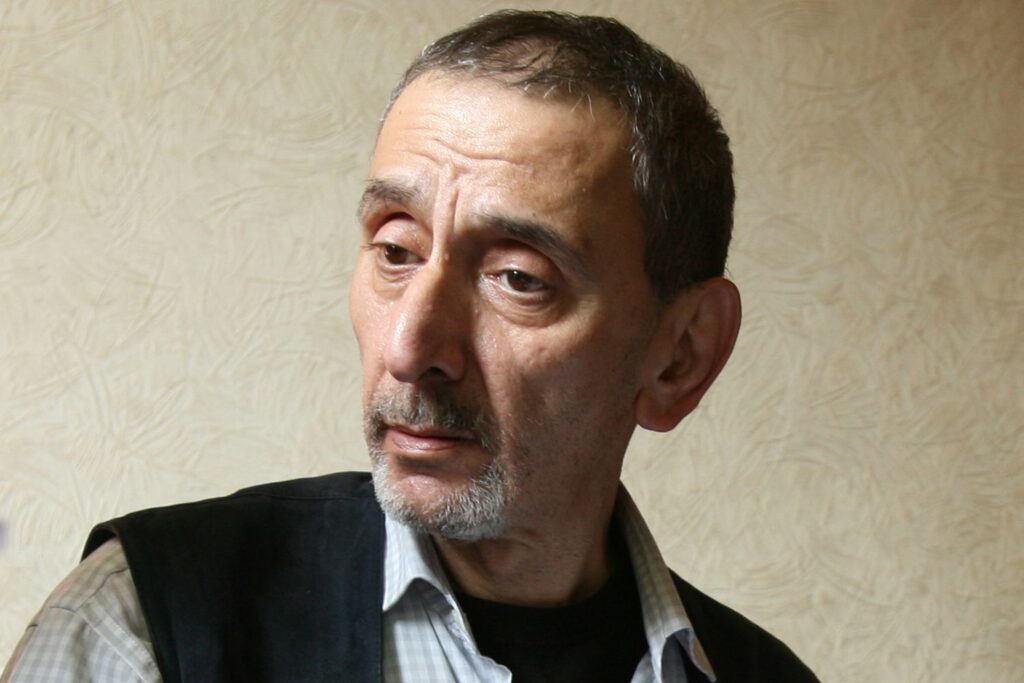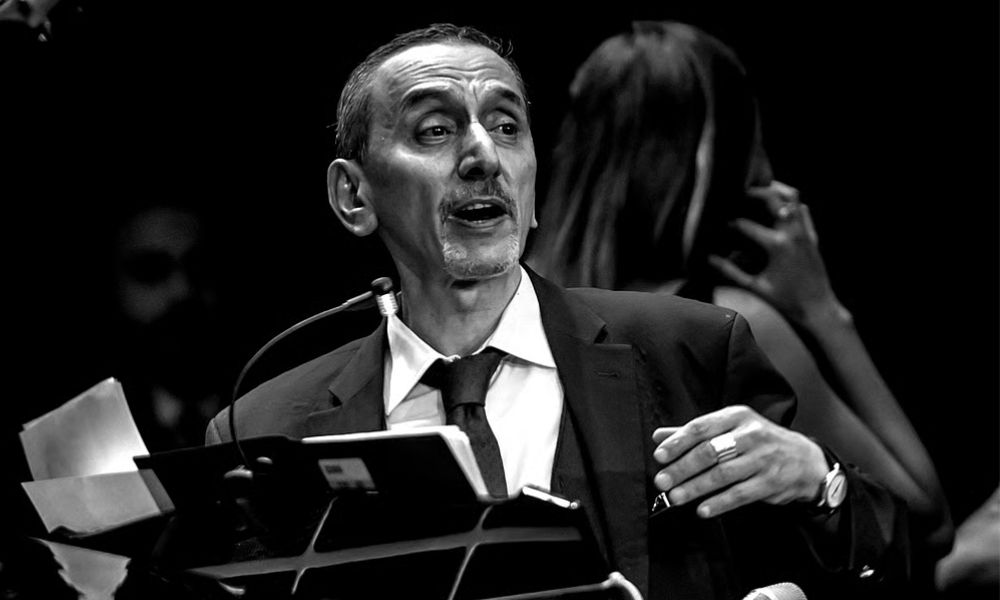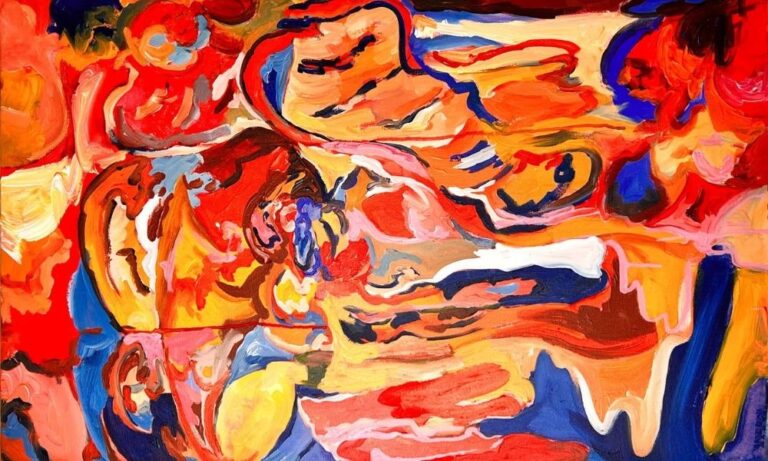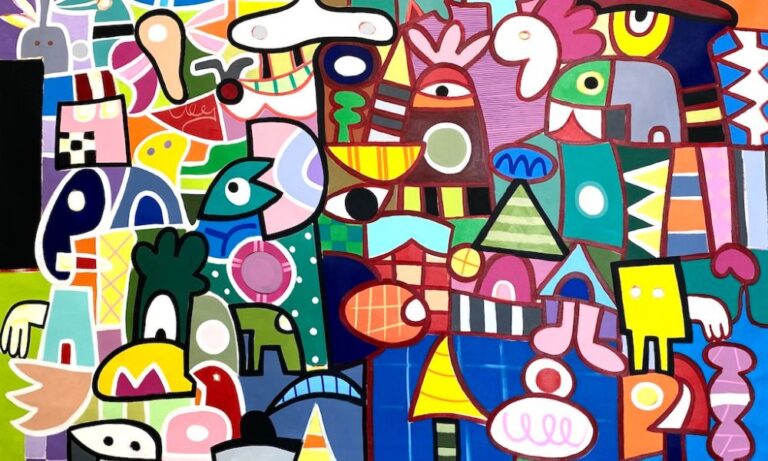Lebanese music has lost one of its most influential voices. Ziad Rahbani, the son of legendary singer Fairuz and composer Assi Rahbani, passed away at 69, leaving behind a legacy that transformed the soundscape of Lebanon and the Arab world.
Born in 1956 in Antelias, Rahbani grew up steeped in music but quickly carved out his own path. His mother, Fairuz, is considered one of the Arab world’s greatest singers, and his father, Assi Rahbani, was a pioneering composer. Ziad composed some of Fairuz’s most timeless songs, including “Kifak Inta” and “Bala Wala Shi,” which became part of Lebanon’s cultural fabric.

Beyond his work with Fairuz, Rahbani blended traditional Arab sounds with jazz, funk, and classical influences to create a fresh, distinctive style that reflected Lebanon’s complex identity. His theatre work introduced sharp social and political commentary that exposed the raw realities of Lebanese life during and after the civil war. Plays like “A Long American Film,” “Bema Inno,” and “What About Tomorrow?” used humor and satire to dissect corruption, division, and despair, reflecting the fractured state of his homeland with unflinching honesty.
In albums like “Houdou Nisbi” and “Abu Ali,” Rahbani pushed musical boundaries, blending the quarter tones of Arabic music with the grooves of jazz and funk. His work gave new energy to the region’s sound and inspired generations who learned his songs by heart while navigating Lebanon’s ongoing struggles.
Ziad Rahbani was not simply a composer or playwright; he was a defining voice of an era, the pulse of a nation’s pain and hope wrapped into unforgettable sound and searing satire. His passing marks the end of a chapter, but his work will continue to resonate, inspiring artists and audiences alike for years to come.




